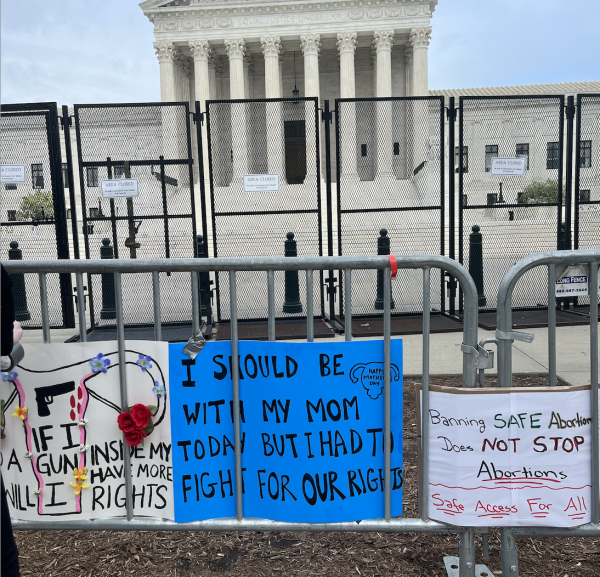The problem with the school’s kippot policy

January 20, 2017
It feels like every male student has at least one story of being told to cover his head in class. Only slightly fewer have stories of actually being sent out of class to either retrieve their own kippah or even purchase one (for the admittedly low price of 50 cents) from the main office before they are allowed back into the classroom.
I personally have been sent out of Kabbalat Shabbat, been unable to join the lunch line and probably most irritatingly, been barred from entering the gym to take the PSAT until I covered my head or forked over the 50 cents for a kippah from the main office.
Unlike some students, though, my problem is not with the school’s policy on kippot. We choose to attend a Jewish day school, after all. No, my problem is not with the policy, but with the completely random way it is applied and enforced.
Even though being sent out of class for a head covering is an incredible irritation, I still find myself going bareheaded most of my school day. This is because whether or not a teacher bothers to enforce the kippah rule is completely 50-50, meaning that when I (all too often) forget a kippah at home, I don’t bother to buy one. 50 cents? That’s vending machine money, dude.
Not only will some teachers not enforce it, but those who enforce it do so to varying degrees; some teachers will accept a hood as a head covering, for example, while others require more substantive compliance with the rule.
It’s kind of like when traffic officers hand out tickets for going 10 miles over the speed limit, but only half the time: sometimes letting you off with a warning, and other times giving you a $100 fine. Nobody stops speeding, and everybody hates the cops who are just doing their jobs.
If it were legitimately impossible to get by in school without a kippah, every boy would start wearing a kippah, grumble for two days and then once it became routine to bring one to school, mostly forget being annoyed.
If there were no rule against males going without head coverings, likewise nobody would become frustrated, and enforcement wouldn’t be an issue.
The question here is not what the policy is in regard to kippot. The question is whether the staff and faculty as a whole decides to actually standardize and enforce the policy so that it becomes a genuine policy rather than an occasional nuisance to the student body. If the faculty doesn’t want to enforce that policy, or believes it cannot, perhaps it shouldn’t be a policy at all.

















